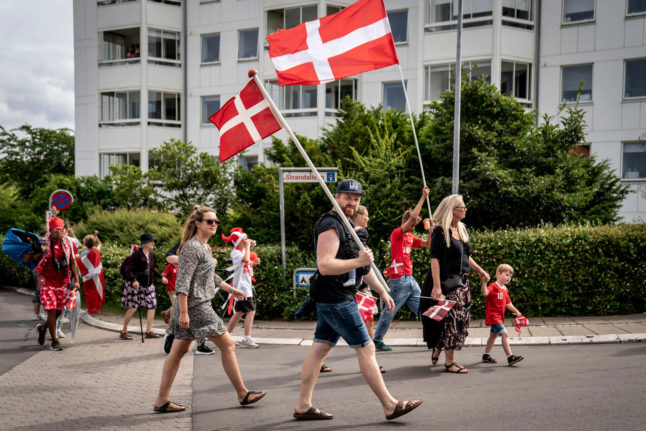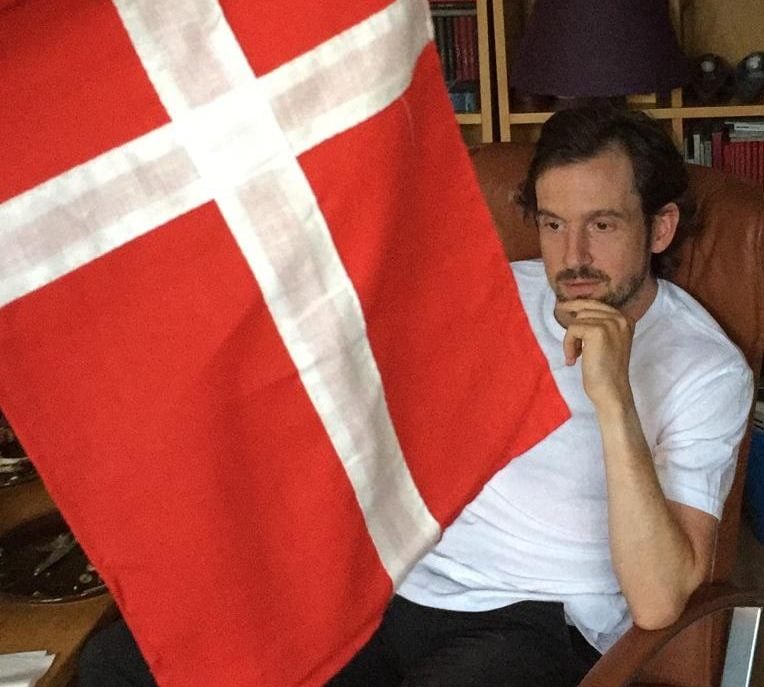“The men’s team chose not to ask for a salary increase … to improve the conditions of the women’s team,” union spokesperson Magnus Hviid told AFP.
He welcomed “an extraordinary measure to help take this small step in the right direction”, but acknowledged there were “still more glass ceilings to break to ensure equal opportunities and conditions within national teams”.
Hviid said the action “obtained the same basic salary for the women’s national team and the men’s national team, as well as better insurance coverage for the women’s team”.
The agreement, signed at the end of May, provides for identical match bonuses for women and men during away matches.
However for the moment due to no bonus for home matches there remains a disparity in the overall pay between the women’s and men’s national teams.
The Danish football federation (DBU) and the union have agreed to bring forward negotiations on a new deal for the women’s national team after the summer break.
Denmark are competing in Euro 2024 and are joint second in Group C after two draws against England and Slovenia.





 Please whitelist us to continue reading.
Please whitelist us to continue reading.
Member comments